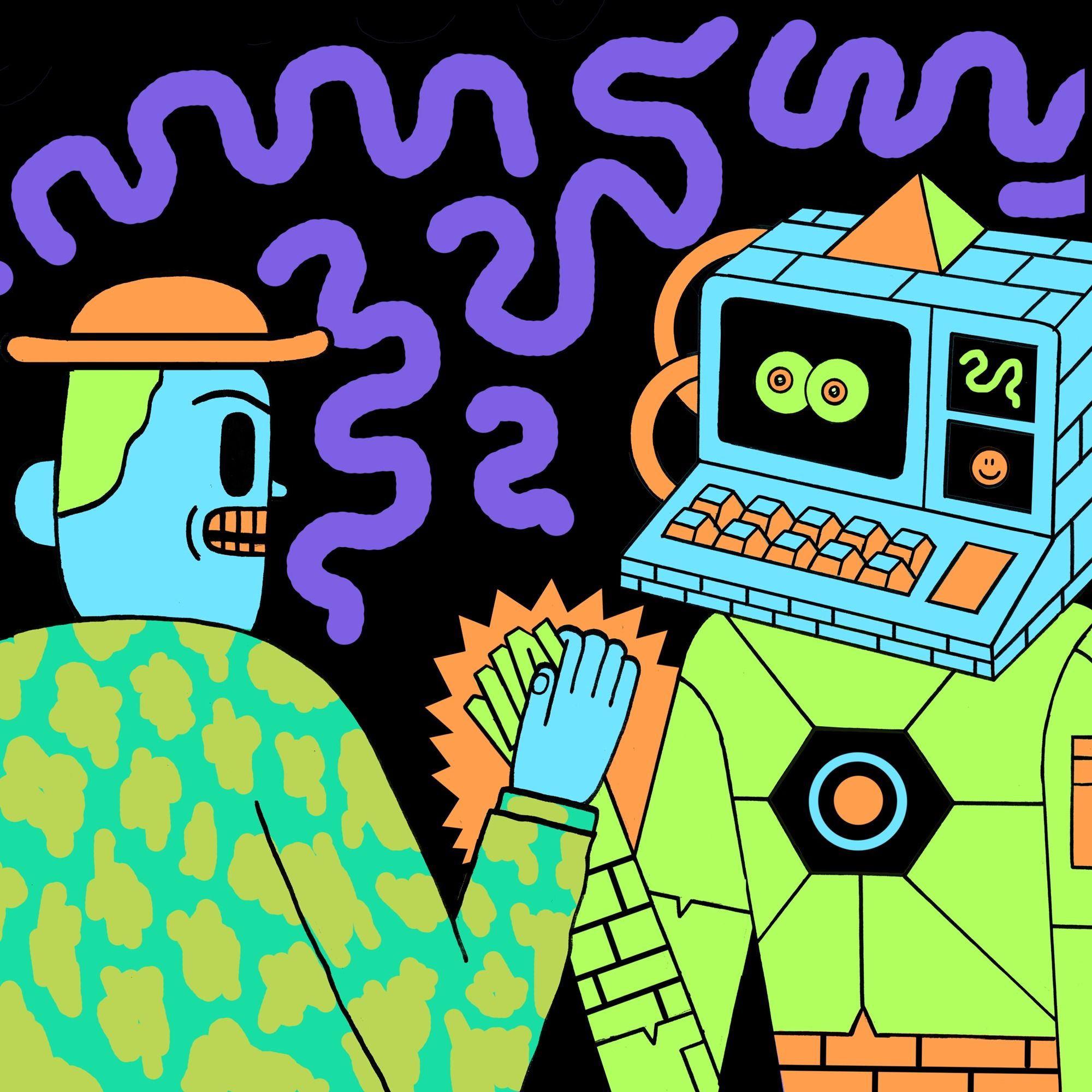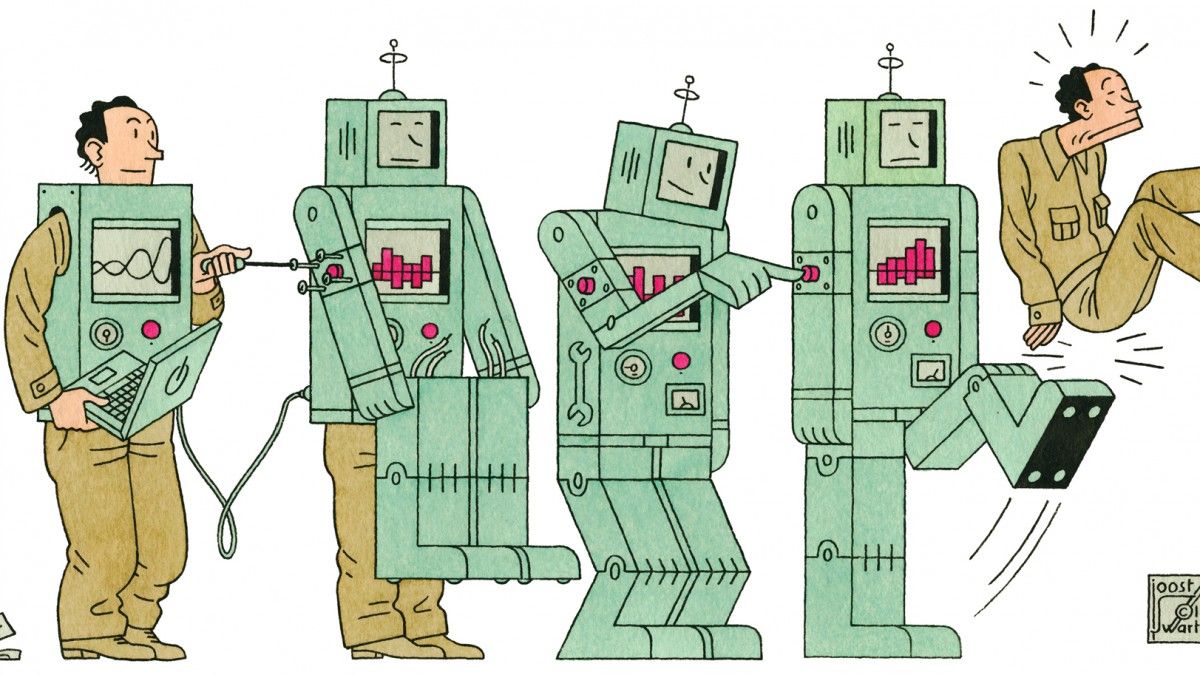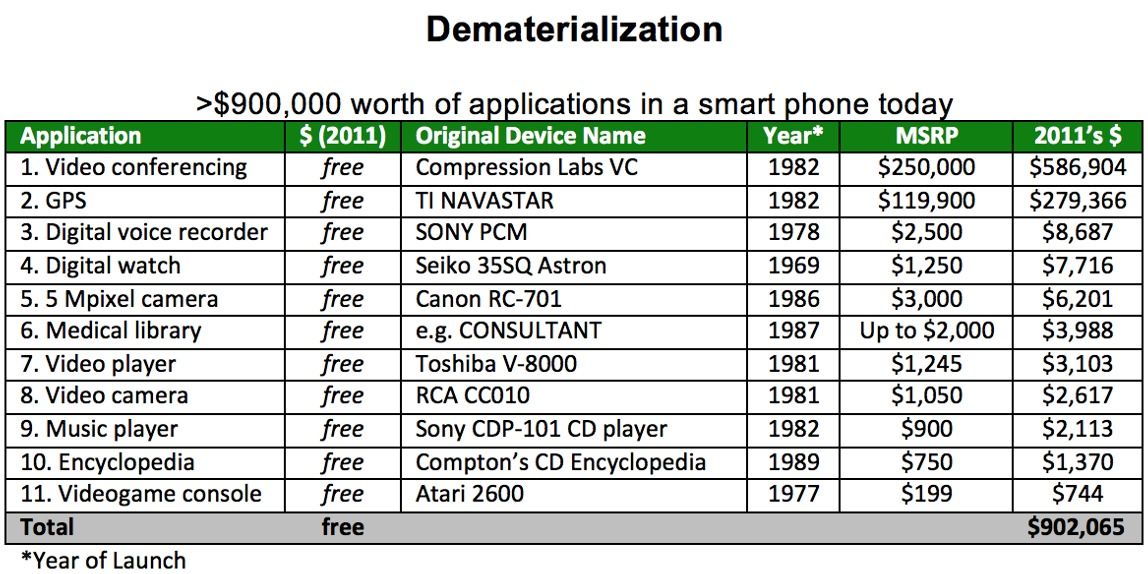Over the course of the next year, Finland is putting Universal Basic Income to the test. Thousands of individuals are going to be getting a basic income to trial (what could be) the economics of the future.
The views and opinions expressed are solely those of the author. They do not necessarily represent the views of Futurism or its affiliates.
Finland is about to launch an experiment in which a randomly selected group of 2,000–3,000 citizens already on unemployment benefits will begin to receive a monthly basic income of 560 euros (approx. $600). That basic income will replace their existing benefits. The amount is the same as the current guaranteed minimum level of Finnish social security support. The pilot study, running for two years in 2017–2018, aims to assess whether basic income can help reduce poverty, social exclusion, and bureaucracy, while increasing the employment rate.









